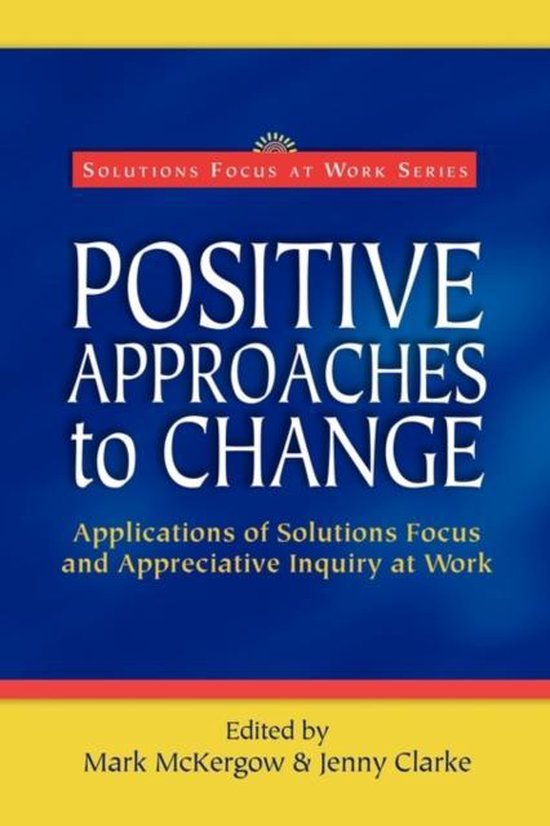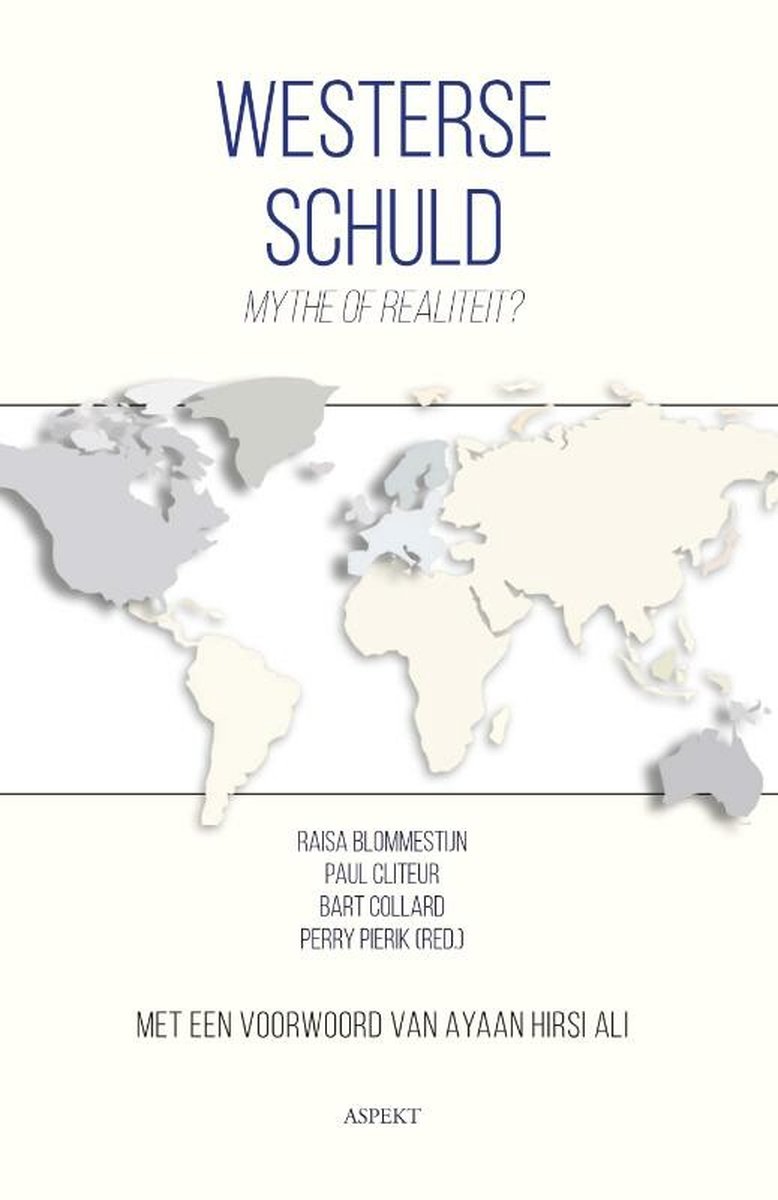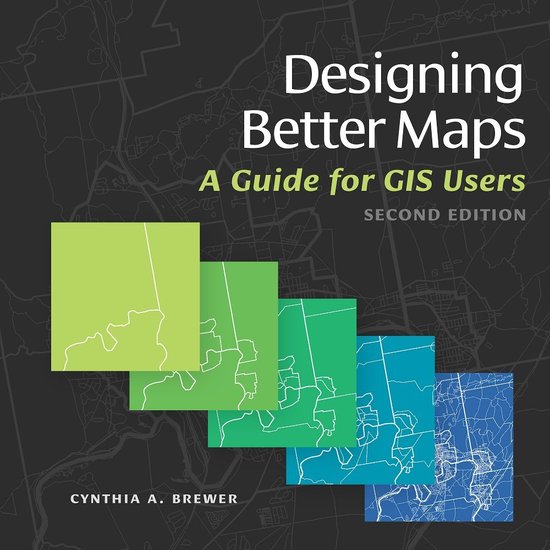Ontogeny and Phylogeny
Maak tweedehands je eerste keus
- 30 dagen retourgarantie
- Gratis verzending vanaf 4 boeken of 40 euro
- Op werkdagen voor 15:00 besteld, dezelfde dag verzonden
Alleen nog tweedehands verkrijgbaar
36,85

Ontogeny and Phylogeny
Echt gebruikt
ISBN
9780674639416
Bindwijze
Paperback
Taal
Engels
Auteur
Uitgeverij
The Belknap Press
Jaar van uitgifte
1990
Aantal pagina's
640
Recensies






